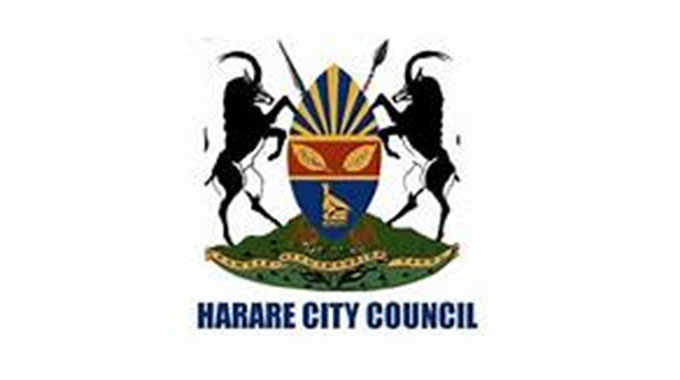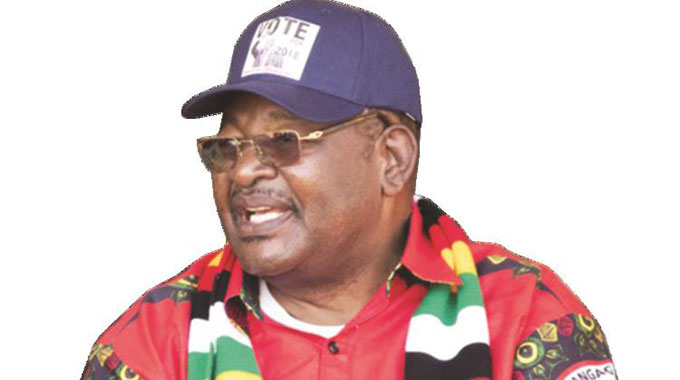EDITORIAL COMMENT : Time Harare council sorted its accounting mess

Harare City Council is the second largest entity in Zimbabwe after the central Government itself when measured by revenue, expenditure and staff levels and its financial management and the tools use should meet the highest modern accountancy standards.
For the past five years the city council has been using a financial system that is designed largely for medium and small businesses. It is considered good for these but larger companies and even bigger entities require a far more sophisticated system, what are called the enterprise systems, or more precisely enterprise resource planning systems.
Harare City Council had such a system but dumped it five years ago when asked to pay the annual licence fees, which were not that large, about US$71 000, in foreign currency. It then went and spent quite a lot more, about three times as much if some reports are correct, on buying a licence for a system that was simply not up to the minimum requirements of a large city council.
This was quickly brought to public attention by then Auditor General Mildred Chiri who, under her extra responsibilities provided for in the 2013 Constitution, had to examine the accounts of local authorities. Besides the “normal” problems in Harare, there were additional problems thrown up by the lack of an adequate financial system.
This involved money that no one could explain how it was spent or what it was used for. There simply was no trail to show what happened. Mrs Chiri was careful to explain that it had not necessarily disappeared through corruption, although that was a possibility, but that no one in the City Treasurer’s Department knew what had happened, or even if the money was there in the first place.
Normally when chasing down fraud and corruption, or simply gross inefficiency, there are trails. Sometimes data or documents have been altered or destroyed, or fake data created, and auditors are trained to hunt that sort of thing down. What was unusual with Harare was the confusion and muddle in the accounts. She recommended the council immediately paid up its modest licence fees for its former system and returned to using it. The council did nothing.
We now have the mayor, Cllr Jacob Mafume noting that the state of the city accounts has seen a lot of probable corruption, with 23 staff from the City Treasurer’s department suspended over recent years, although the number of convictions is much lower as it is much harder to assemble the required evidence for a criminal trial from accounts that are the state of those of Harare.
Cllr Mafume should know quite a bit about the problem. He was the last mayor in the last council after a round of musical chairs, as well as the present mayor in the present council after another round of musical chairs. So he has been told of the problem several times although he has not managed to do anything to sort it out.
He does not seem to be getting much help from some of the senior staff in municipal service. Last year there was a detailed and fancy proposal to spend US$51 million on a brand new system from South Africa, enough to pay the annual fees for the discontinued system for 718 years.
There were other problems with the proposal, although its exceptionally high cost was the major killer when councillors came to vote after a public row had been initiated, which concentrated the minds of the councillors.
There was criticism that an IT department team had been flown to South Africa and entertained by the listed supplier, something that generally is not done, for obvious reasons. More recently there was an attempt within the IT procurement to buy desktop computers for US$4 000 each, several times the normal price even for moderately advanced machines. This has yet to be officially killed although no one now expects the purchase to go through.
But the council needs to regain control of its own administration. Neither we, nor the councillors has an idea of how many deals with not blocked. The system is supposed to have these sorted out long before they reach the council approval stage.
It is also difficult to understand why the council appears too reluctant to return to the functional system it dropped five years ago. By now the council is aware of just how expensive any alternatives are, and that includes the replacement that was actually installed although not up to the purpose.
The council could also install a different enterprise system, although this would require far more work and would almost certainly cost more, but not anything like US$51 million even if all the hardware was replaced at the same time.
Harare City Council complains of many other financial problems, from ratepayers and residents not paying bills the money it is expected to find for its most basic functions. At least some of the problems must be that it does not really know what is going on within its finances simply because the systems it is using cannot generate the data or at least not in real time.
The potential for corruption is large, as Mrs Chiri first noted near the beginning of the system problem, with that potential made even worse by the impossibility of doing a proper audit on the council.
Even if there were grounds to change the system, the council could at least return to what did work while it investigates further, instead of burying its head in the sand and refusing or unable to do very much while it descends even deeper into a financial morass.










Comments